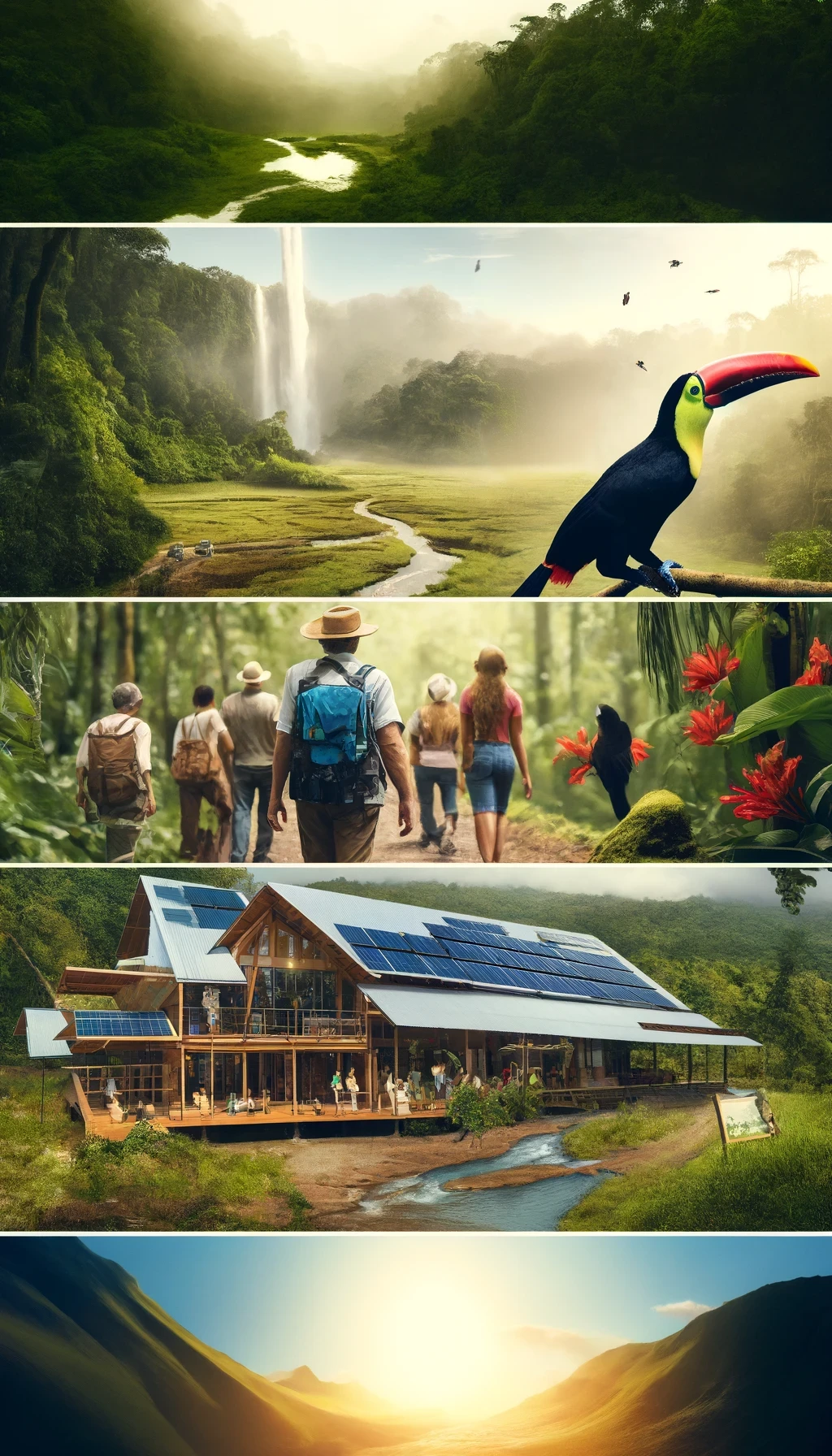Understanding Costa Rica's Public Holidays: Essential Information for Visitors
Gain insight into Costa Rica’s public holidays with our comprehensive guide designed for visitors. Learn about the significance of each holiday, from the lively celebrations of Independence Day to the reflective moments of the Day of the Abolition of the Army. This guide provides crucial information on how these holidays impact travel, business closures, and local customs, ensuring travelers are well-prepared for their journey to Costa Rica.

New Year's Day (January 1st)
Celebrated with family gatherings and public concerts, including lively outdoor concerts in Quepos Centro, bringing the community and visitors together to ring in the new year with music and festivity
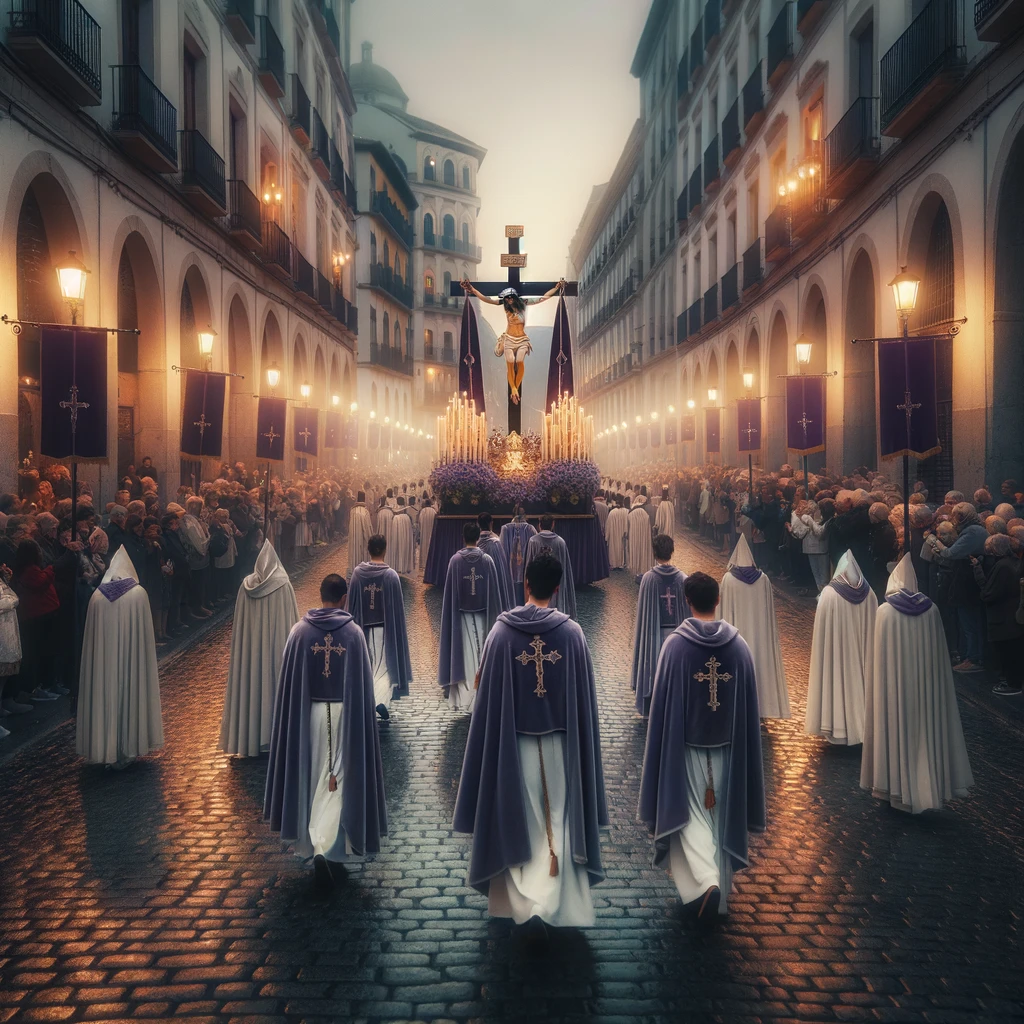
Holy Week (March or April)
A major religious observance leading up to Easter Sunday, with many businesses closing, especially on Holy Thursday and Good Friday. The streets are often filled with processions and religious festivities.

Labor Day (May 1st)
Marked by parades and political speeches, with most businesses closed. However, businesses related to tourism typically remain open to accommodate travelers and continue providing services during this public holiday.

Juan Santamaría Day (April 11th)
Commemorates the national hero with cultural activities and parades. While many businesses close, tourism-related services remain open.
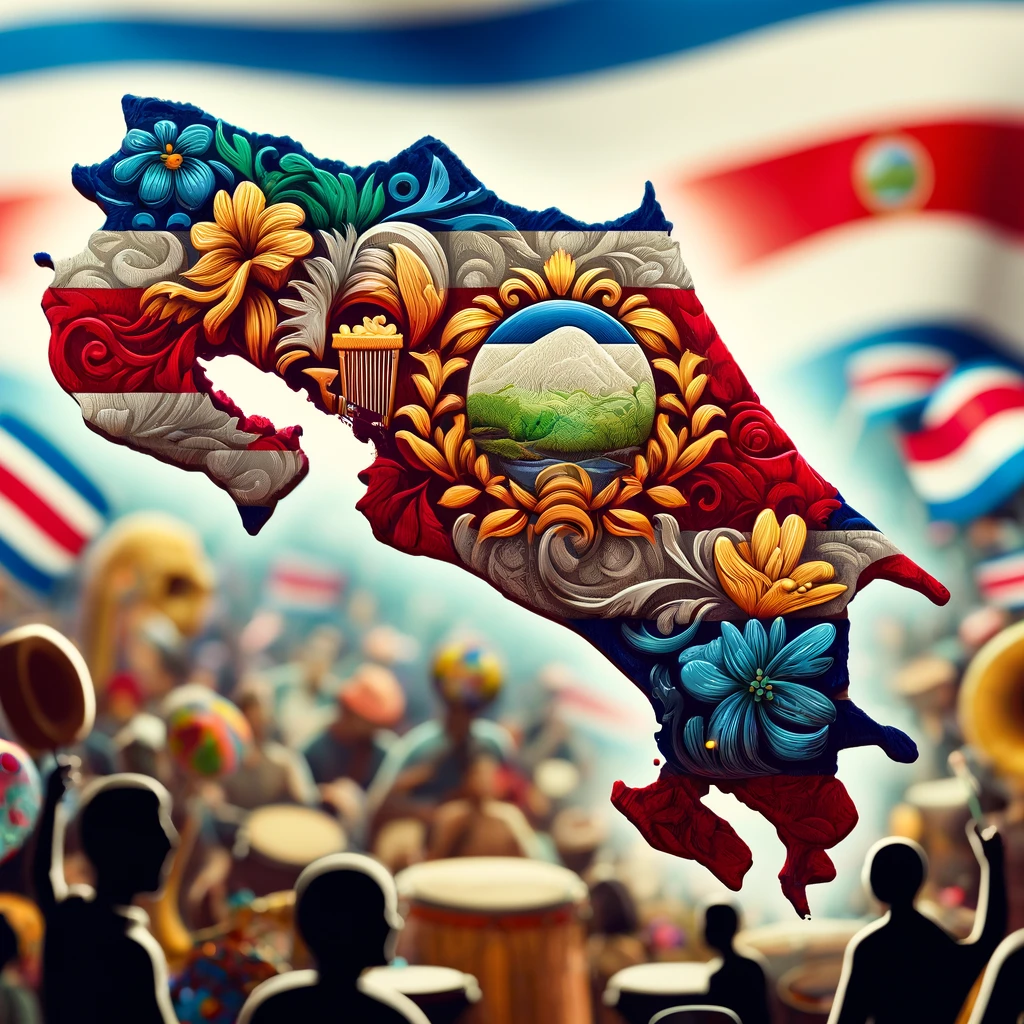
Annexation of Guanacaste Day (July 25th)
Celebrates the region's 1824 annexation from Nicaragua with festivities mainly in Guanacaste. In Manuel Antonio, while some businesses close, tourism-related services remain open, ensuring visitors experience no disruption.
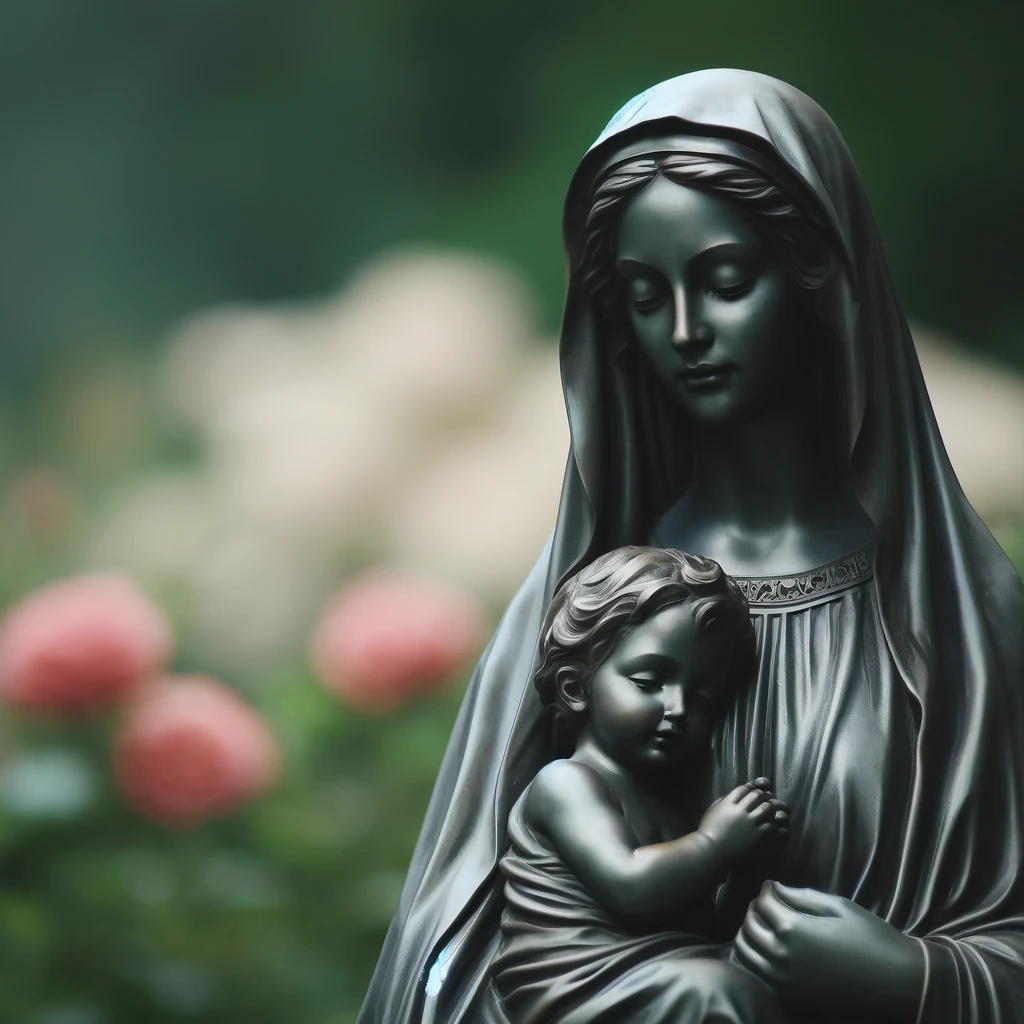
Our Lady of Los Angeles (August 2nd)
A religious day honoring Costa Rica's patron saint with pilgrimages to the Basílica de Los Ángeles in Cartago. While this day sees many local businesses closed for observance, tourism-related establishments typically remain open.

Mother's Day (August 15th)
In Costa Rica, unlike many other countries, Mother's Day is celebrated on August 15th. It's a significant day when many businesses close as families gather to celebrate. However, establishments related to tourism typically remain open to serve visitors.
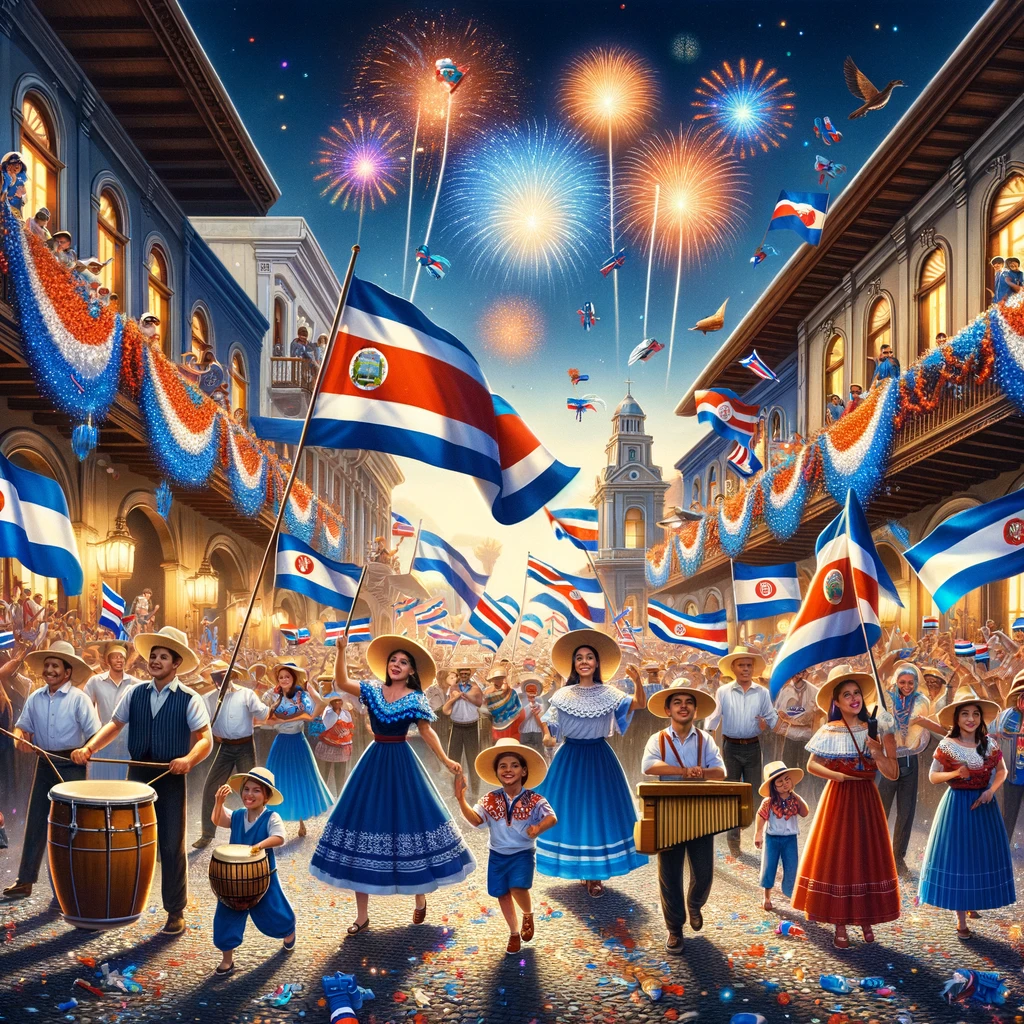
Independence Day (September 15th)
Commemorates Costa Rica's independence from Spain in 1821 with country-wide parades, traditional dances, and school marching bands. While businesses and schools generally close for the day, tourism-related establishments remain open to accommodate visitors.
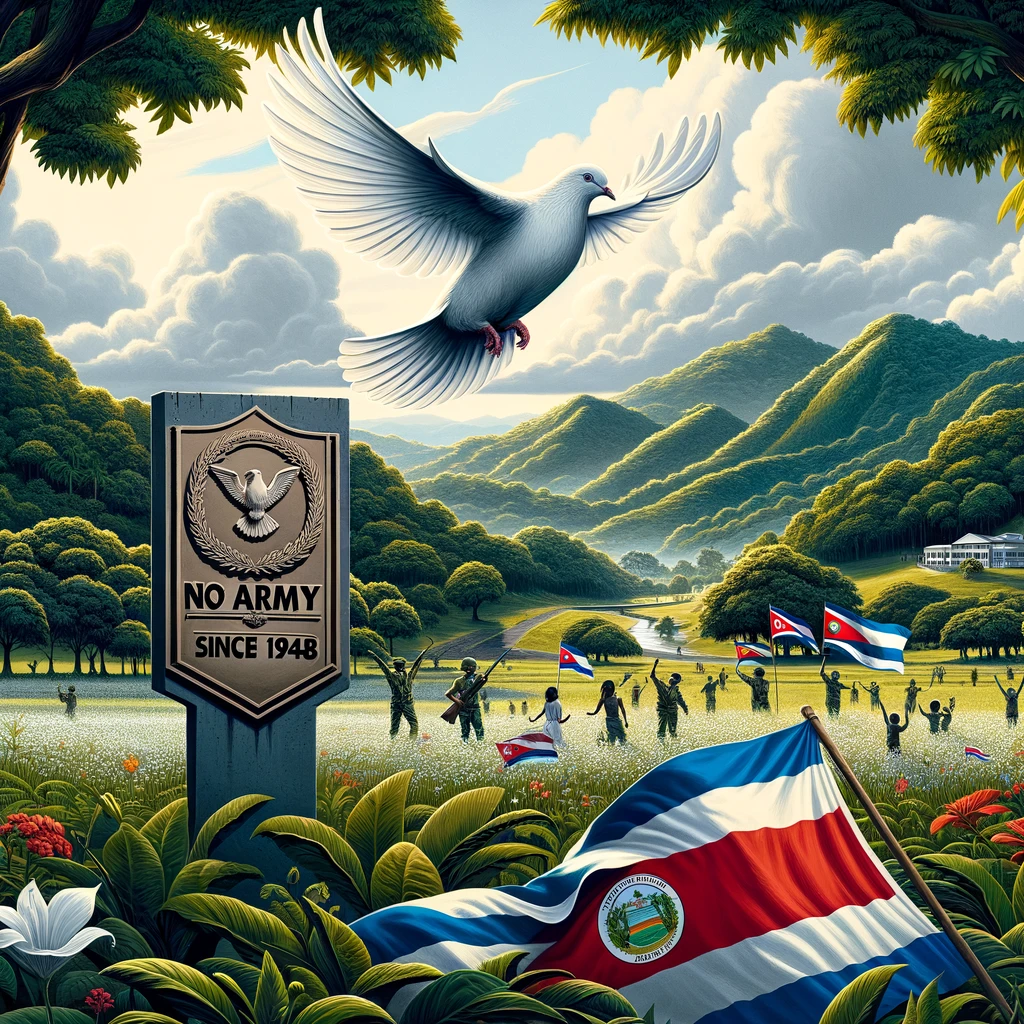
Day of the Abolition of the Army (December 1st)
Celebrates the abolition of the military in 1948, marked by various peace-promoting activities and ceremonies. While some businesses close to observe this day, establishments related to tourism generally remain open to serve visitors.

Christmas (December 25th)
A time for family gatherings and celebrations, with most businesses closed. However, tourism-related establishments remain open to accommodate holiday travelers. On the evening of December 24th, it's advisable to make restaurant reservations in advance, as many host special dinners. Additionally, there are festive activities and celebrations in the center of Quepos to enjoy.


